Best Practices Articles
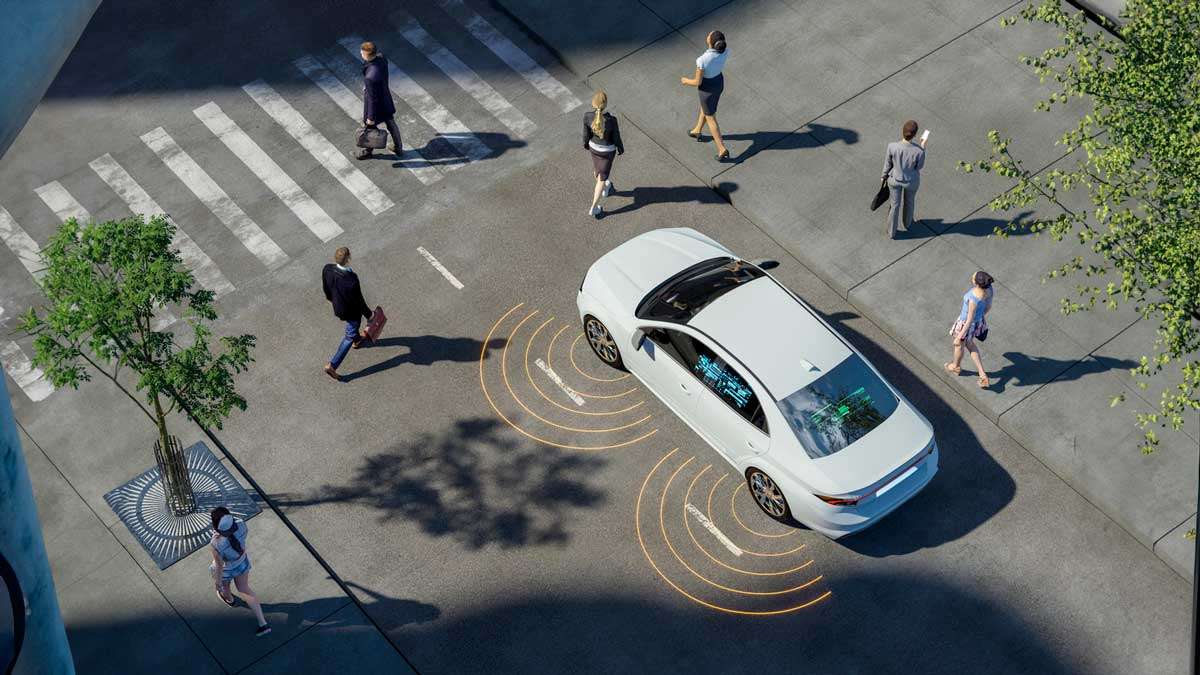
The Shift to Autonomous EVs: Transforming the Automotive Ecosystem and Rideshare Economy – Part 1
The Shift from Internal Combustion Engines to Autonomous EVs: Transforming the Automotive Ecosystem
The automotive ecosystem is on the brink of a revolutionary shift. With the rise of autonomous Electric Vehicles (EVs) and the growing popularity of rideshare services like Uber and Lyft, the traditional car ownership model is being challenged. This transformation has significant implications not only for individual consumers but also for the broader economy. In this first part of a two-part series, we will delve into the financial aspects of car ownership versus rideshare services and explore how the shift to autonomous EVs is changing the automotive ecosystem.
Financial Analysis of Car Ownership vs. Rideshare Services
Assumption:
- Annual income: $100,000
- Car price: $25,000 (assuming a more moderate purchase)
- Financing details: 5-year loan at the current average auto loan interest rate of 6.58% (as of July 2024)
- Average miles driven per month in the US: 1,000 miles
Monthly Car Payments:
Financing a $25,000 car over 5 years at a 6.58% interest rate results in a monthly payment of approximately $491.
Additional Costs of Car Ownership:- Depreciation: Cars typically lose about 20% of their value in the first year and around 15% each subsequent year. Over 5 years, the car would depreciate approximately 50%, translating to an annual depreciation cost of $2,500.
- Maintenance: Annual maintenance costs can average $1,200.
- Insurance: Average annual car insurance costs around $1,500.
- Fuel: Assuming an average driving distance of 1,000 miles per month at 25 miles per gallon and fuel costs of $3 per gallon, the monthly fuel cost would be $120.
Total Monthly Operating Costs:
- Depreciation: $208
- Maintenance: $100
- Insurance: $125
- Fuel: $120
Total Monthly Cost of Car Ownership:
$491 (loan payment) + $208 (depreciation) + $100 (maintenance) + $125 (insurance) + $120 (fuel) = $1,044
Rideshare Costs:Assuming the same driving distance of 1,000 miles per month and an average Uber or Lyft cost of $2 per mile, the monthly rideshare expense would be:
Total Monthly Rideshare Cost:
1,000 miles * $2/mile = $2,000
Comparison:
- Total Monthly Car Ownership Cost: $1,044
- Total Monthly Rideshare Cost: $2,000
Break-Even Point for Rideshare Cost:
To find the break-even point where rideshare costs equal car ownership costs, we divide the total monthly car ownership cost by the monthly mileage.
Break-even cost per mile = Total Monthly Car Ownership Cost / Monthly Miles Driven
Break-even cost per mile = $1,044 / 1,000 miles = $1.04 per mile
The Future of Rideshare with Autonomous Vehicles
As technology advances towards fully autonomous vehicles, the potential for cost reduction in rideshare services is significant. With no human driver, vehicle maintenance, insurance, and energy costs would be the primary expenses. Estimates suggest that autonomous rideshare services could reduce the cost per mile to as low as $0.50.
Potential Cost Comparison with Autonomous Vehicles:
- Total Monthly Rideshare Cost with Autonomous Vehicles: 1,000 miles * $0.50/mile = $500
Broader Implications for the Automotive Ecosystem
The automotive industry, including manufacturing, sales, maintenance, and related services, is a significant part of the US economy, contributing approximately 3-3.5% to the GDP. This includes millions of jobs in manufacturing, sales, maintenance, fuel, and insurance sectors.
Impact of Electric Vehicles (EVs) and Autonomous Vehicles (AVs):
The transition to EVs and AVs is expected to have a substantial effect on the automotive ecosystem:
- Reduction in Vehicle Numbers: As rideshare services become more efficient with autonomous vehicles, the number of cars needed is projected to decrease. More people will opt for shared transportation, reducing the number of vehicles on the road.
- Shift in Household Car Ownership: Households may transition to owning a single car for backup purposes while relying primarily on autonomous rideshare services for daily commutes and errands. This shift could significantly reduce the demand for new vehicles.
- Economic Ripple Effects: The reduction in car ownership will affect various sectors, including:
- Manufacturing: Fewer cars must be produced.
- Maintenance and Repair: Autonomous and electric vehicles typically require less maintenance.
- Insurance: Insurance models must adapt to fewer personal vehicles and more commercial autonomous fleets.
- Fuel and Energy: The shift to electric vehicles will change fuel consumption patterns, impacting the oil industry.

Conclusion
For someone earning $100,000 a year, the total monthly cost of owning a car priced at $25,000 is $1,044. Currently, the cost of using Uber or Lyft exceeds this, making car ownership more economical. However, with the advent of fully autonomous vehicles, rideshare costs could drop to $0.50 per mile, or $500 per month, significantly undercutting the cost of car ownership.
This shift could fundamentally change our transportation choices, making rideshare services the preferred option for many while also reshaping the automotive industry and the broader economy.
What do you think? Are you ready for a future with autonomous rideshare services and fewer cars? Share your thoughts!
Best Practices Guidebook
 The Ultimate Guide to Partner Marketing Success Best Practices
The Ultimate Guide to Partner Marketing Success Best PracticesDownload Guide
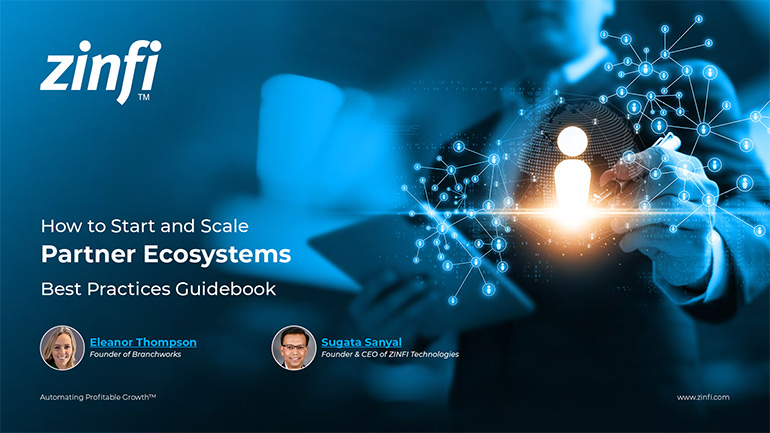 How to Start and Scale Partner Ecosystems Best Practices
How to Start and Scale Partner Ecosystems Best PracticesDownload Guide
 The Evolution of PartnerOps: Past, Present & Future Best Practices
The Evolution of PartnerOps: Past, Present & Future Best PracticesDownload Guide
 Mastering Channel Sales: Strategies, Best Practices, and Growth Tactics for 2025
Mastering Channel Sales: Strategies, Best Practices, and Growth Tactics for 2025Download Guide
 Winning with Partner Advisory Councils: Best Practices for Partner Engagement & Growth
Winning with Partner Advisory Councils: Best Practices for Partner Engagement & GrowthDownload Guide
 The Future of Partner Ecosystems Best Practices
The Future of Partner Ecosystems Best PracticesDownload Guide
 The AI Revolution: How Technology and Talent are Shaping the Future
The AI Revolution: How Technology and Talent are Shaping the FutureDownload Guide
 Top 105 Partner Management Metrics that Matter Best Practices
Top 105 Partner Management Metrics that Matter Best PracticesDownload Guide
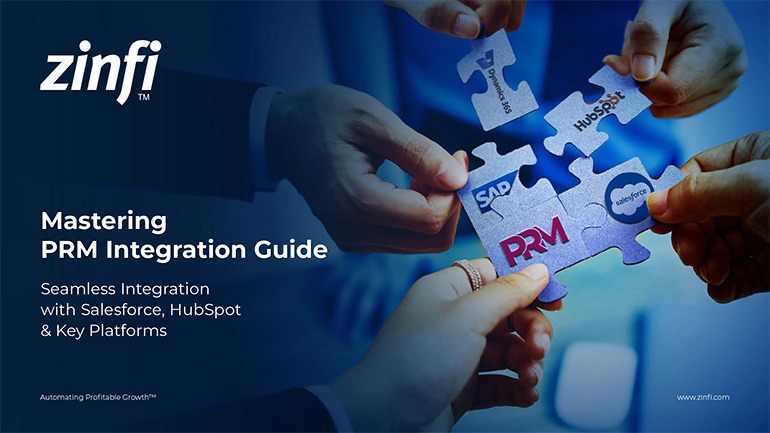 Mastering PRM Integration Best Practices
Mastering PRM Integration Best PracticesDownload Guide
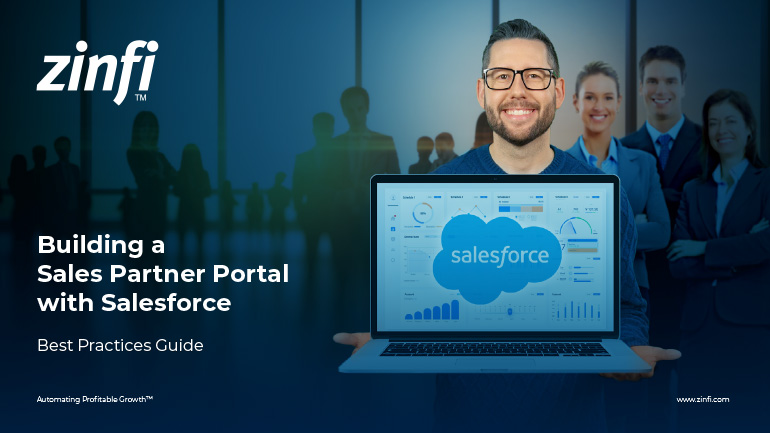 Building a Sales Partner Portal with Salesforce Best Practices
Building a Sales Partner Portal with Salesforce Best PracticesDownload Guide
 Building and Managing Partner Ecosystems Best Practices
Building and Managing Partner Ecosystems Best PracticesDownload Guide
 Mastering Co-Marketing and Co-Selling Best Practices
Mastering Co-Marketing and Co-Selling Best PracticesDownload Guide
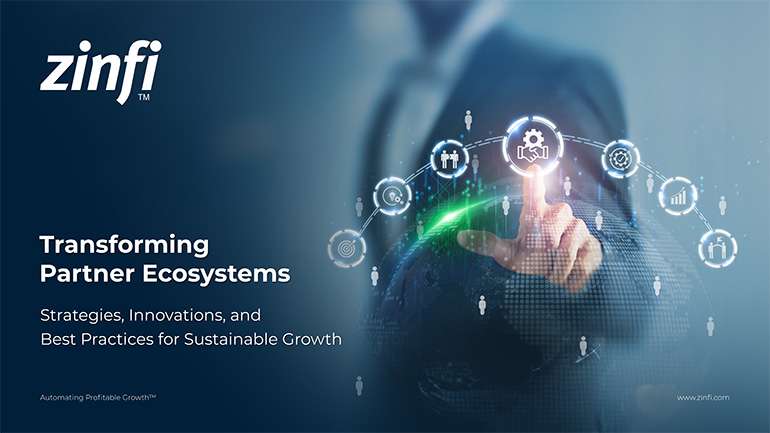 Transforming Partner Ecosystems Best Practices
Transforming Partner Ecosystems Best PracticesDownload Guide
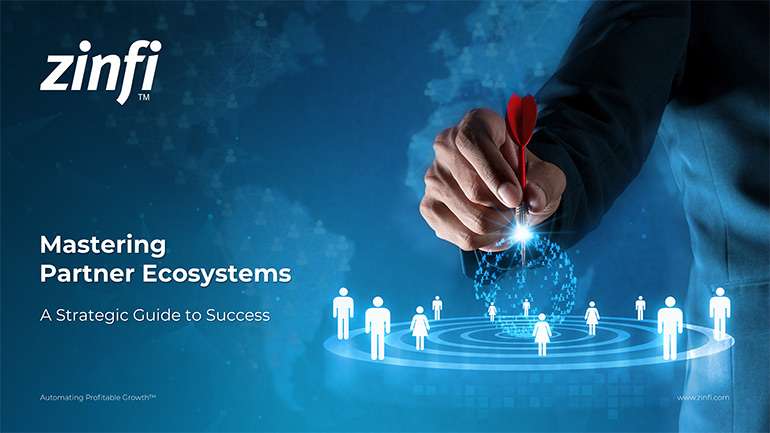 Mastering Partner Ecosystems Best Practices
Mastering Partner Ecosystems Best PracticesDownload Guide
 Mastering Partner Onboarding Best Practices
Mastering Partner Onboarding Best PracticesDownload Guide
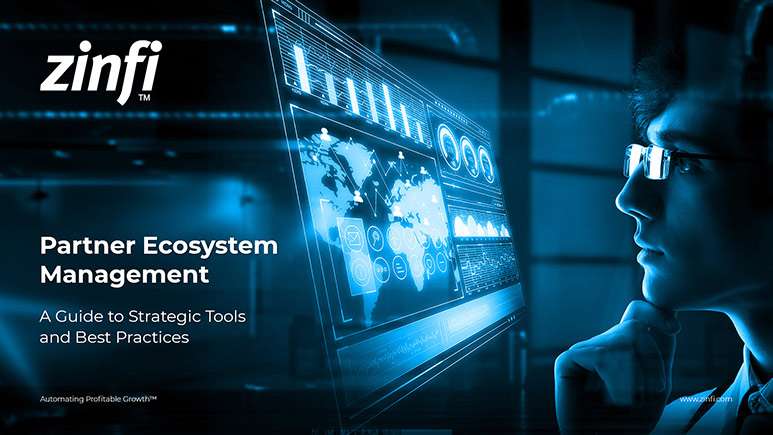 Partner Ecosystem Management Best Practices
Partner Ecosystem Management Best PracticesDownload Guide
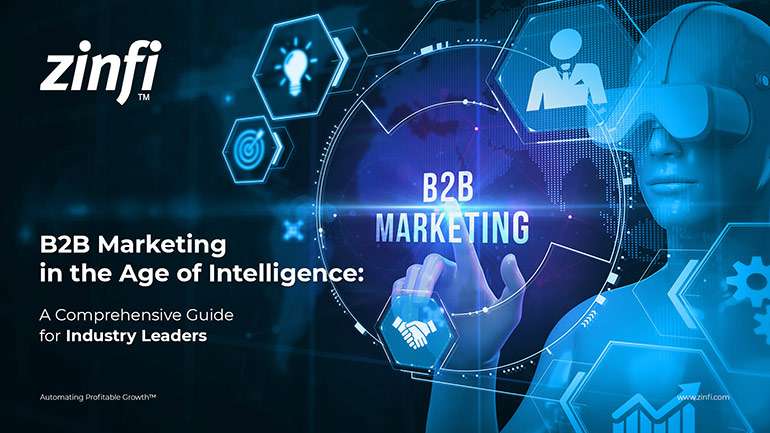 B2B Marketing in the Age of Intelligence Best Practices
B2B Marketing in the Age of Intelligence Best PracticesDownload Guide
 Multi-Partner Co-Selling Best Practices
Multi-Partner Co-Selling Best PracticesDownload Guide







